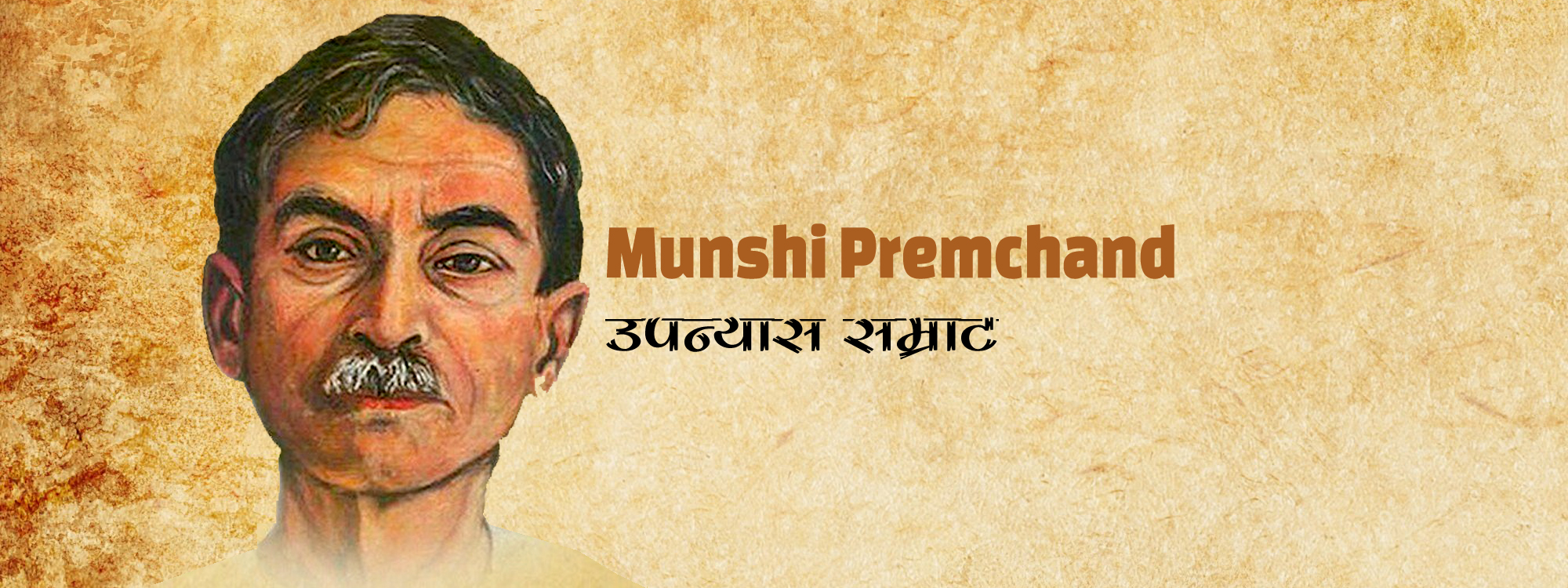Munshi Premchand’s original name was Dhanpat Rai Shrivastava, better known by his pen name Munshi Premchand, was an Indian writer famous for his modern Hindi-Urdu literature. He is one of the most celebrated writers of the Indian subcontinent, and is regarded as one of the foremost Hindi writers of the early twentieth century. He began writing under the pen name “Nawab Rai”, but subsequently switched to “Premchand”. Munshi being an honorary prefix. A novel writer, story writer and dramatist, he has been referred to as the “Upanyas Samrat” (“Emperor among Novelists”) by writers. His works include more than a dozen novels, around 300 short stories, several essays and translations of a number of foreign literary works into Hindi.
Munshi Premchand was born on 31 July 1880 in Lamhi, a village located near Varanasi, Uttar Pradesh.
Satyajit Ray filmed two of Premchand’s works– Sadgati and Shatranj Ke Khiladi. Sadgati is a short story revolving around poor Dukhi. Shatranj ke Khiladi revolved around the decadence of nawabi Lucknow, where the obsession with a game consumes the players, making them oblivious of their responsibilities in the midst of a crisis.
In August 1916, Premchand was transferred to Gorakhpur on a promotion. He became the Assistant Master at the Normal High School, Gorakhpur.
At Gorakhpur, he developed a friendship with the bookseller Buddhi Lal, who allowed him to borrow novels for reading, in exchange for selling exam cram books at the school. Premchand was an enthusiastic reader of classics in other languages, and translated several of these works in Hindi.
In 1923, he established a printing press and publishing house in Varanasi, christened “Saraswati Press”. The year 1924 saw the publication of Premchand’s Rangabhumi, which has a blind beggar called Surdas as its tragic hero. Schulz mentions that in Rangabhumi, Premchand comes across as a “superb social chronicler”.
In 1928, Premchand’s novel Gaban (“Embezzlement”), focusing on the middle class, was published. In March 1930, Premchand launched a literary-political weekly magazine titled Hans, aimed at inspiring the Indians to mobilise against the British rule. The magazine, noted for its politically provocative views, failed to make a profit. Premchand then took over and edited another magazine called Jagaran.

